Human Services vs. Social Work: Understanding the Pathways
If you’re interested in a career helping people, two common fields you’ll encounter are Human Services and Social Work. While these areas overlap, they follow different training pathways, offer distinct career opportunities, and vary in educational requirements. Understanding the differences can help you choose the option that aligns with your goals, strengths, and preferred work environment.
Below, we break down the key similarities and differences to help you make an informed decision.
What Is Human Services?
Human Services focuses on supporting individuals, families, and communities by connecting them with resources that improve their wellbeing. Human services professionals often work on the front lines, helping clients access programs, develop life skills, and navigate systems such as employment, housing, or community supports.
Typical Roles in Human Services
- Community support worker
- Outreach worker
- Shelter or housing support staff
- Disability support worker
- Youth program facilitator
- Mental health support worker
- Employment support worker
These roles emphasize practical assistance, daily support, advocacy, and helping clients build independence.
What Is Social Work?
Social Work also aims to support individuals and communities, but typically involves more clinical or case management responsibilities. Social workers are often responsible for assessment, treatment planning, counseling, and crisis intervention. Many provinces require social workers to be registered and hold at least a bachelor’s degree.
Typical Roles in Social Work
- Registered social worker
- Clinical social worker (with graduate training)
- Child and family services caseworker
- Addictions counselor
- Healthcare social worker
- Mental health therapist (with M.S.W.)
Social work positions may also involve system-level advocacy, policy development, and specialized therapeutic work.
Training & Educational Requirements
Human Services
- Entry typically requires a diploma or certificate.
- Programs focus on practical skill development, communication, community resources, behaviour support, and professional practice.
- Graduates can enter the workforce quickly and work directly with clients in supportive roles.
- At Columbia College, the Human Services Professional Diploma prepares students for employment in less than two years and includes hands-on practicum experience.
Social Work
- Most roles require a Bachelor of Social Work (BSW).
- Some positions, especially in clinical counselling, require a Master of Social Work (MSW).
- Programs include theory, research, assessment, policy, and clinical skills.
- Registration with a provincial regulatory body (such as ACSW in Alberta) is typically required.
Job Focus & Responsibilities
Human Services Professionals Focus On:
- Building daily living skills
- Assisting with goal setting
- Connecting clients to community resources
- Supporting individuals with developmental, physical, or mental health needs
- Advocacy at a community or individual level
- Providing support in shelters, group homes, schools, and community programs
Their work is hands-on and client-focused, with an emphasis on empowerment and direct support.
Social Workers Focus On:
- Conducting assessments and developing treatment plans
- Providing therapeutic interventions or counselling
- Leading crisis response and safety planning
- Supporting families in complex situations (child welfare, mental health, addictions)
- Navigating legal, medical, and social service systems
- Advocating for systemic change
Their work typically involves clinical judgement, case management, and formal assessments.
Which Pathway Is Right for You?
Choose Human Services if you want to:
- Work directly with clients in practical, day-to-day support roles
- Enter the workforce quickly
- Support vulnerable or diverse populations
- Build foundational skills for future study
- Make an impact in community agencies, shelters, or support programs
Choose Social Work if you want to:
- Provide counseling or formal assessments
- Work in clinical mental health, healthcare, or government agencies
- Pursue advanced credentials (BSW, MSW)
- Work in roles that require registration or licensure
- Focus on case management, crisis response, or therapeutic services
How Columbia College Can Help You Start Your Path
Columbia College’s Human Services Professional Diploma offers an accelerated training model with small class sizes, supportive instructors, and comprehensive practicum experiences. Graduates are prepared for meaningful frontline roles in community and human-service organizations—and many go on to further education, such as social work degrees, after gaining experience.
If you’re passionate about helping people build stronger, more independent lives, the human services field is a rewarding place to begin.
Learn more about the Columbia College Human Services Professional Diploma:
https://columbia.ca/programs-courses/human-services/human-services-professional-diploma/


